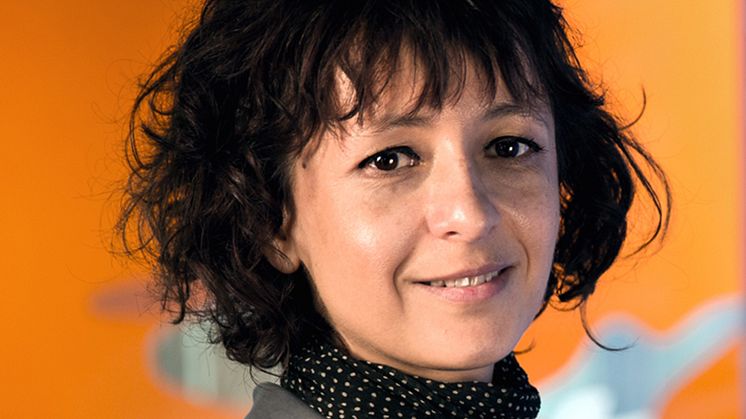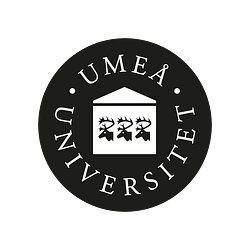
Press release -
Emmanuelle Charpentier named in Time magazine’s ‘100 most influential people in world' list
Emmanuelle Charpentier, professor at Umeå University, has been selected by Time magazine as one of its 100 most influential people in the world list for 2015. She was recognised for her discovery of the CRISPR-Cas9 mechanism in bacteria, which became a gene editing tool now used in research labs world wide.
Emmanuelle Charpentier conducts research that is focused on questions about the molecular mechanisms that contribute to antibiotic resistance, virulence and pathogenesis of Gram - positive bacteria. Her research group at the Laboratory for Molecular Infection Medicine Sweden (MIMS), Umeå University, is focusing on mechanisms of genetic regulation in the bacterium Streptococcus pyogenes, including the CRISPR / Cas system which is an immune system that protects the bacteria against invading DNA. The findings from basic research on the mechanism of the CRISPR - Cas9 enzyme have been revolutionary and considered as one of the most important life science discoveries made in the world during recent years. It led to the rapid development of gene modifying tools, now already used worldwide in basic life science and biomedical research. For this research breakthrough Emmanuelle Charpentier has received several awards and honours Time magazine has now honored her by inclusion in the 2015 TIME 100 list.
“I am honoured to have been selected as a biologist among the Time 100 of the year. This recognition highlights the efforts of a team of young and enthusiastic researchers with whom I thrive to understand the mechanisms of life for the benefit of scientific knowledge and human medicine," commented Emmanuelle Charpentier on her election to the TIME 100 list.
"Time magazine's recognition of Emmanuelle Charpentier again shows that one of the world's most influential individuals can also find at our university excellent research conditions which are needed for making fantastic discoveries," says Lena Gustafsson, Vice-Chancellor of Umeå University.
"Emmanuelle Charpentier is really a pioneering example for young scientists, especially women in science, and I am glad that she is still part of MIMS and the The Nordic EMBL Partnership for Molecular Medicine where she is inspiring young scientists, PhD students and postdocs," added Marianne Sommarin, Deputy Vice-Chancellor for Research. "I am convinced that her place now on the TIME 100 list, will help that she will inspire more people worldwide and also outside life sciences."
The list, now in its twelfth year, recognizes the activism, innovation and achievement of the world’s most influential individuals. As Time magazine Editor Nancy Gibbs has said of the list in the past, “The Time 100 is a list of the world's most influential men and women, not its most powerful, though those are not mutually exclusive terms. As much as this exercise chronicles the achievements of the past year, we also focus on figures whose influence is likely to grow, so we can look around the corner to see what is coming."
Emmanuelle Charpentier is professor and group leader at Department of Molecular Biology (within the Laboratory for Molecular Infection Medicine Sweden and Umeå Centre for Microbial Research) and professor at the Helmholtz Centre for Infection Research in Braunschweig, Germany, where she is Head of the Department of Regulation in Infection Biology. She keeps an Alexander von Humboldt professorship at Hannover Medical School, Germany. Next week, on the 22nd of April, she will receive the Lous-Jeantet Prize for Medicine at an award ceremony in Geneva.
Photo credit: Humboldt-Stiftung/Sven Müller
Related links
Topics
Categories
Umeå University
Umeå University is one of Sweden's largest institutions of higher learning with over 31,000 students and 4,200 employees. We have a well-established international research profile and a broad range of study options. Our campus constitutes an inspiring environment that encourages interdisciplinary meetings - between students, researchers, teachers and external stakeholders. Through collaboration with other members of society, we contribute to the development and strengthen the quality of our research and education.

